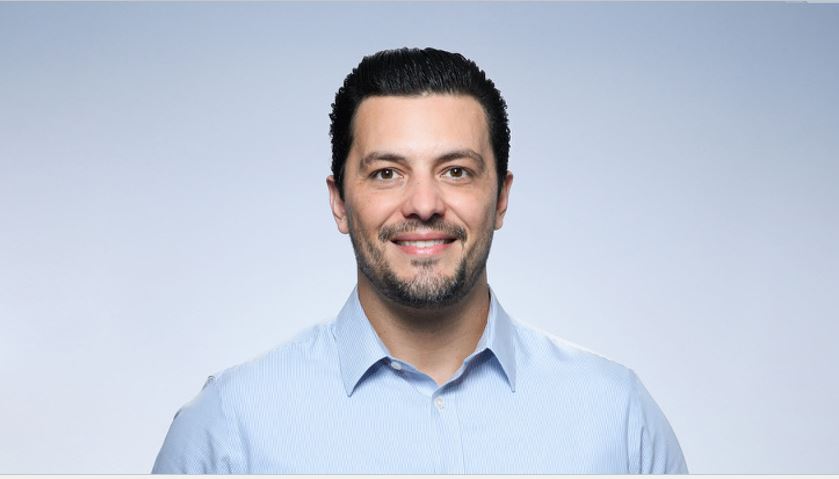From agribusiness to the energy sector: projects integrating AI with other technologies, which include machine learning and data analysis, among others, are already having a direct effect on company performance
The adoption of AI is already influencing the Brazilian market, mainly, technologies aimed at cybersecurity and threat detection, automation and efficiency, as well as personalization and customer experience, indicates an IDC survey. The research also points out that 46% of the Brazilian IT leaders interviewed are already investing to boost AI solutions in their companies, while 49% state that these investments should begin soon, totaling a group of 95%.
Working to develop solutions for companies seeking to implement AI in their services, TIVIT, a Brazilian multinational that accelerates business through technology, has been successful in applying Artificial Intelligence in various sectors of the economy. Combining AI with other innovations such as computational video analysis, data analysis, machine learning, internet of things and automation, the company delivers solutions according to customers' business needs. These solutions already represent a major competitive differentiator for areas such as Industry 4.0, Agro, Oil and Gas, among others.
 “With the combination of data organization and the use of AI, a company will, for example, have much more insights to plan and operate its business, automating operations, rationalizing costs and better directing the efforts of employees, improving daily performance. and relationships with employees and end customers”, says Daniel Galante, COO and CPO at TIVIT.
“With the combination of data organization and the use of AI, a company will, for example, have much more insights to plan and operate its business, automating operations, rationalizing costs and better directing the efforts of employees, improving daily performance. and relationships with employees and end customers”, says Daniel Galante, COO and CPO at TIVIT.
One of the examples of the use of AI in companies is through supporting the use of video analysis (Video Analytics), which has been fundamental in improving production and employee safety in industrial environments, especially in factories that operate production systems. to be continued. This technology, applied by TIVIT, combines the capture and analysis of images in real time to compare with existing efficiency or even safety data, generating a continuous process of learning and standard improvements. “Until then, this type of service was carried out in a visual and human way, which was often unable to capture some deviations”, he explains.
TIVIT also provided a service to a company in the food sector. The solution makes it possible to detect small variations in industrial machinery, promoting preventive and scheduled maintenance, avoiding unexpected stops in the production line and, consequently, large losses. In addition, there is real-time image analysis to detect whether employees are using mandatory safety equipment (PPE) or are moving through risk areas. Autonomously, the AI reads the videos and alerts managers if something is out of standard. For the same company, TIVIT developed a solution that uses AI in a sector where large quantities of cereals are stored in silos. “When they are opened, the grains flow over a large area and, to mitigate the risk of accidents, we employ video analytics technology to monitor the perimeter”, points out Galante.
Another example of applying AI combined with IoT is in a food company that stores animal protein in cold rooms. In this case, employees cannot spend much time in this environment due to health reasons and regulatory requirements. Through video monitoring and IoT sensors on uniforms, it is possible to identify which employees are, and for how long, in the chamber, how many times they have accessed the equipment and also alert in real time of cases that are close to exceeding the permitted limits. Improving deviation detections facilitates the analysis of the cause of deviations, facilitating correction plans and continuous improvement of operations.
There are, according to Daniel Galante, applications even “inside the home”. “At TIVIT we employ the concept of 'customer 0' and use our generative AI solution, TIVIT Athena, in several sectors. One such example is the sales assistant, Athena for Sales. As our portfolio is very broad and, at times, complex, we create a solution that can suggest solutions based on the client's business or technical challenges. We also have Athena for Legal that supports our legal department with validating contracts and analyzing the history of processes we have already experienced, crossing data and generating insights for our lawyers”, he explains.
“Artificial intelligence transcends mere data analysis to offer us predictive and adaptive insights. This allows companies to not just react to what has already happened, but to anticipate and shape future challenges and opportunities. Therefore, the application of AI extends across all industries, adapting according to the needs and complexity of each sector”, he explains.
Galante ends by explaining that many of the solutions are offered to the market by TIVIT as off-the-shelf products, such as video analysis systems or TIVIT Athena, which require few adjustments to operate. “In other cases, we design customized solutions after understanding customers’ specific needs. Even in these cases, the implementation and adaptation time is reasonably short”, he concludes.














